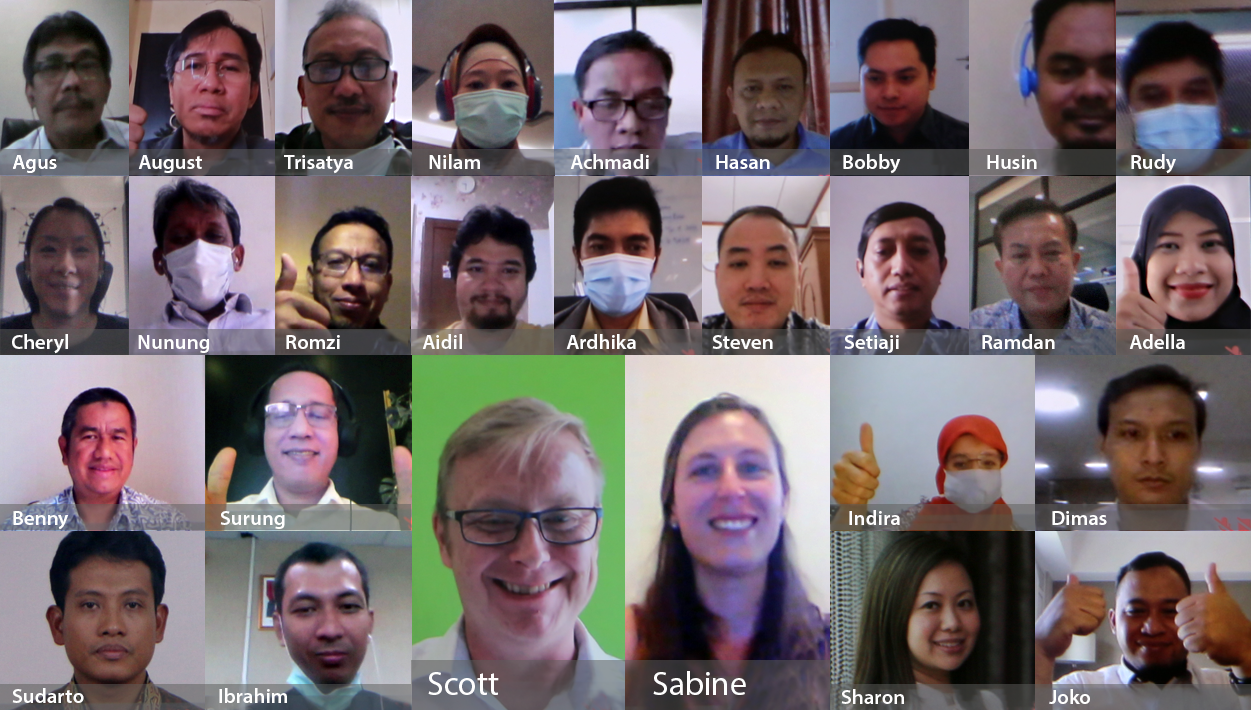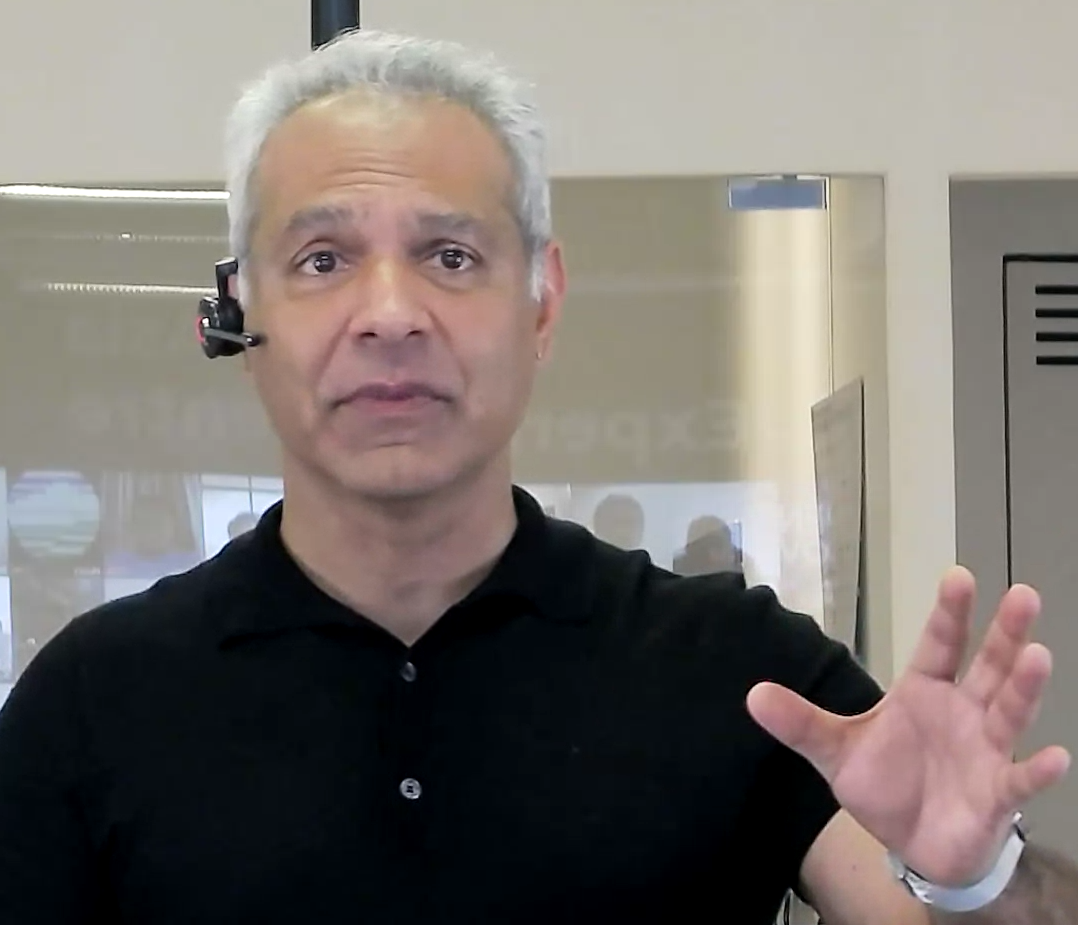
The pandemic has fundamentally changed lifestyles and thought processes across the world. There is a paradigm shift in the way people now interact with each other. With social distancing becoming the new norm, citizens are increasingly becoming dependent on technology to communicate and interact among themselves.
From food delivery to shopping to banking, people are using apps on their mobile phones to get things done. And with it, people are getting used to the rapid and seamless service delivery businesses offer; to the point that they now expect governments to provide a similar experience.
However, delivering on such expectations can be quite challenging for the public sector as they must strike an intricate balance between the speed/experience of service delivery versus data security.
In order to help public sector utilise digital applications and APIs to enhance service delivery and get digital transformation right, OpenGov Asia hosted an OpenGovLive! Virtual Breakfast Insight with delegates from various public sector organisations in Indonesia.
Governments need to strike the balance between the speed of service delivery and security

Mohit Sagar, Group Managing Director, and Editor-in-Chief at OpenGov Asia laid the foundation for the discussions at hand.
He highlighted the fact that public services have never been under such pressure as they have been over the past few months. Further, he pointed out that due to the deeply ingrained legacy systems and lack of proper infrastructure, governments often struggle to provide the digital experience that customers have come to expect.
All of this has brought forward renewed demand for digital government services where they not only have to deliver at a certain speed but also ensure the security of data. On the same note, Mohit emphasised that security must be thought of as an intrinsic feature of applications rather than as a barrier.
Many agencies across local and central government are collaborating through open APIs to meet the ever-increasing need for data and connectivity. He acknowledged that APIs have become the foundational building block and a crucial element for any organisation undergoing digital transformation.
In conclusion, Mohit advised all the delegates to find partners who are smart, stable and reliable who will help strengthen their digital transformation and applications while ensuring the safety of their data.
The world is becoming more and more digital in its interactions

After Mohit’s opening presentation, Scott Van Kalken, DevOps Solution Architect, F5, shared his insights with the delegates.
Scott began by highlighting how the way people interact with each other has changed in today’s digital world. The primary mode of their interaction is through multiple apps on their mobile phones. Be it for food or transportation, everything is just a click away.
He underscored this proposition with the recent example of COVID-19 apps that have helped citizens remain informed and safe during the pandemic.
Today’s digital citizens are getting so used to the convenience of the apps that they are increasingly demanding a similar experience in their interactions with the government. Enabling such a seamless digital experience can be quite challenging for governments as they not only need to share the relevant data with the public but have to ensure that it is protected in a secure manner.
He backed his opinion by sharing some numbers from a recent report that confirmed, through surveys, that security is the top concern for organisations across the board.
Moreover, governments understand that building an app is not enough and delivering the experience is equally important. In the same vein, he also explained how governments around the world are starting to embrace digital transformation to enhance citizen experience. The Indonesian COVID-19 app and digital medicare card in Australia are excellent examples of the convenience of interacting with the government.
Scott went on to share another challenge faced by the governments i.e., which of the available technologies should they use to serve their citizens in a safe environment. The right strategy and choice would need to secure all the right components to deliver effectively.
The four important pillars that determine the API design in an organisation

After Scott’s informative presentation, Sabine Deloffre, Principal Product Manager at Service NSW shared her perspectives with the delegates.
After briefly introducing her organisation, Sabine shared that they are focused on accelerating digital transformation using APIs to make services more effective, seamless and intuitive.
She explained that they began on this journey with strong endorsements from the advocates of APIs intending to synchronise information scattered across different departments.
Sabine spoke about the 6 major drivers behind using APIs:
- Be an agile organisation
- Expose functionalities
- Share data easily
- Be more observable
- Defend and secure
- Scale and expand services
After expounding about the major drivers, she talked about the 4 pillars that become important considerations for an organisation’s API design:
- Autonomous: This pillar stands to ensure that the API design lets the organisation operate with agility as an independent body
- Enablement: Once the API design has been done, the next important thing is to ensure that there are dedicated teams to support, coach, and share the knowledge for smooth implementation of the API design
- Support: Ensuring that there is enough environment, platform, and security support for the applications to enable seamless delivery
- Governance: A centralised governance to maintain consistency and security for API practices across all teams
Sabine concluded her presentation by emphasising the criticality of the 4 pillars and the need for them to align for an organisation to deliver effectively to the citizens.
After the presentations, it was time to interact with the virtual audience through an insightful polling session.
On the first question about the main challenge in moving towards application deployment, the majority of the delegates voted for culture (32%) and ageing infrastructure (32%).
A delegate reflected that while developing applications, organisations consider technology, people and processes, but often processes get overlooked making deployment of application very complicated. This becomes a major challenge.
On the next question about the current application development infrastructure to address a seamless user experience, most of the audience voted for modern with containerised environments and agile workflows with security on all layers (65%).

Another senior delegate reflected that they are using modern applications at a micro-level in their organisation but cannot call themselves a fully digital organisation, as there are still some legacy systems in place which will transform over time.
On the final question about their organisation’s level of API security, half of the room voted that they are 75% on track with missing components on visibility and monitoring (50%).
A participant opined that it is very difficult to address the issue of security and to say with certainty that they are 100% secure. But because his organisation has the right protection and precautions in place, he voted for the above option.
After the interactive polling session, Surung Sinamo, Country Manager for F5 Indonesia addressed the audience with closing remarks.
Surung reiterated that the world today has gone digital and consequently the public sector is facing two main challenges: meeting the demands of the digital citizens seamlessly and ensuring the security of the data they harbour.
He shared that at F5, they believe in ingraining security in all solutions and make the right tools available to monitor security. In conclusion, Surung urged the delegates to reach out to him and his team in Indonesia who would be happy to partner with them.
















